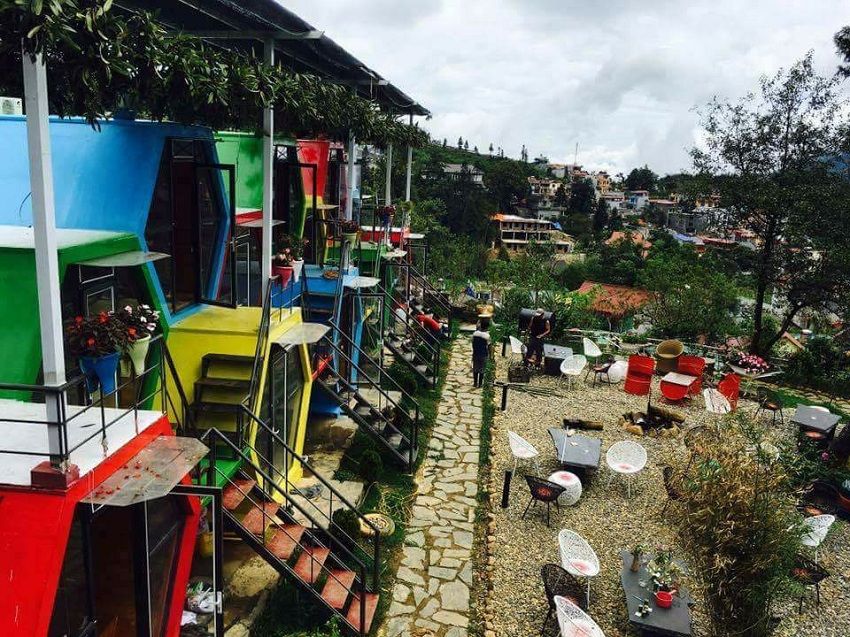In recent years, the number of travellers coming to Vietnam combining business with tourism has increased significantly. Data from the General Statistics Office showes some 15.6 million international visitors came to the country last year, 2.7 million higher than in 2017. About 7.3 million have arrived in Jan-May this year.
Lots of travellers choose vacation rentals and homestays since they find it cheaper than traditional hotels.

A homestay in Sa Pa, Lao Cai.
In addition, staying in homestays enables travellers to experience living together with locals and so has become a popular choice, especially among young people who like to travel and explore cultures and eat, live and work with homestay hosts.
As a result, homestay tourism is also increasingly preferred by foreign tourists and also many Vietnamese, especially younger visitors. Therefore, homestay and vacation rental business models are growing.
Many young people seem to think it is as simple as having a house or apartment and renting it out whereas this business model involves lots of different factors and if they fail to work things out carefully, they could lose heavily, said local tourist firm Vina Retail.
However, lots of young investors have suffered severe losses in the early stages and even wound up because of unexpected expenses and lack of guests.
For example, Nguyen Thuy Trang rents out a house with a garden near the forest in the coastal district of Can Gio for VND8.5 million ($364) per month.
Trang said she runs the business herself and only hires cleaners so that costs are not so high. But it was very hard for her to find guests during the rainy season, which lasts nearly six months in a year. She added: “I have to find a way to make up for it during the dry season.”
A villa owner named Hung said the cost of running the vacation home is quite high. Wages for staff are VND20 million a month, while his income could be as low as VND30 million during the off-peak season from November to March.
Demand for homestay is very high now and so the market is likely to flourish for the next three to five years but it is fragmented and needs times to develop, experts noted. In addition, compared to traditional accommodation services such as hotels and condotel, profit margins are not high.


















